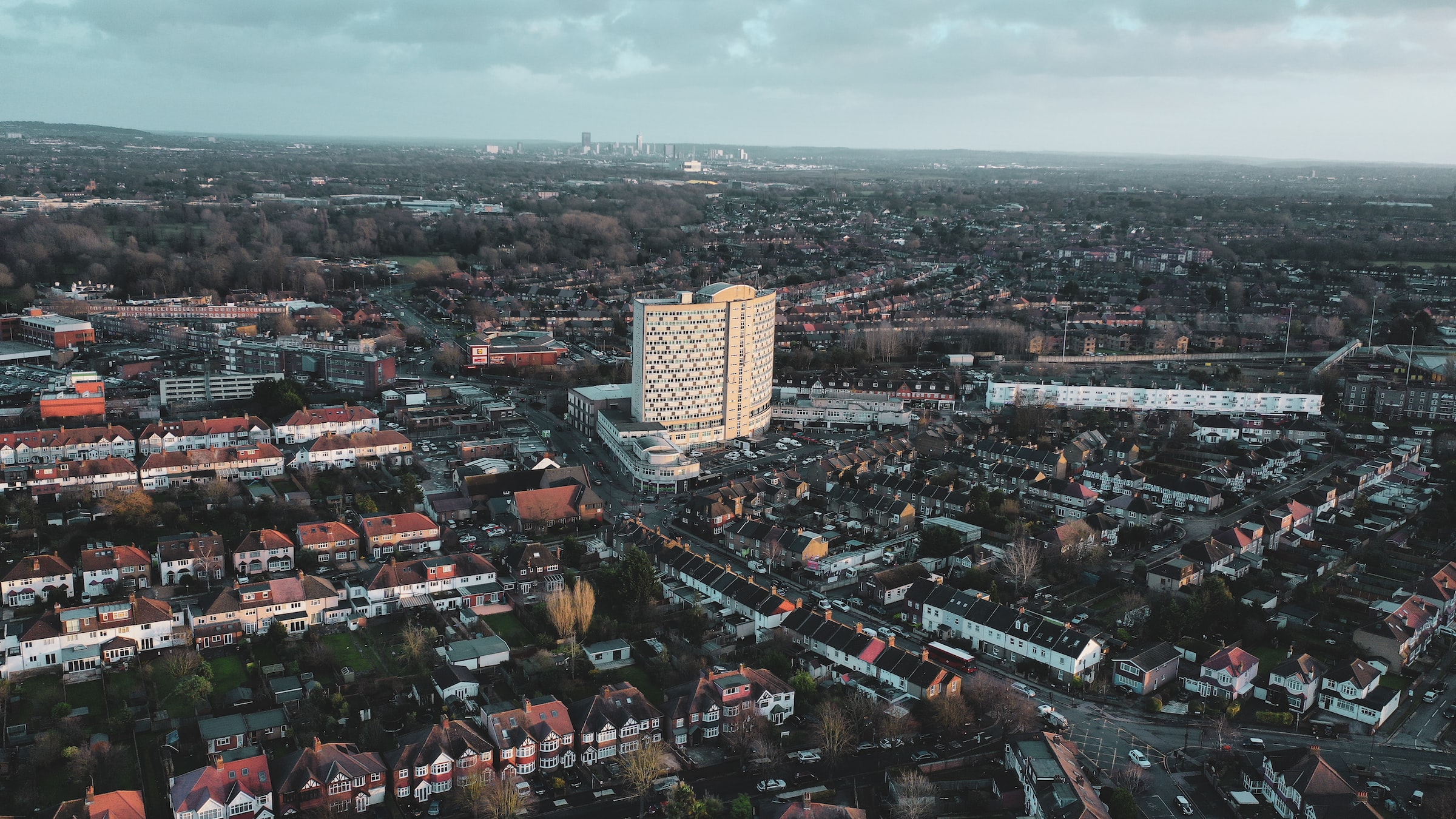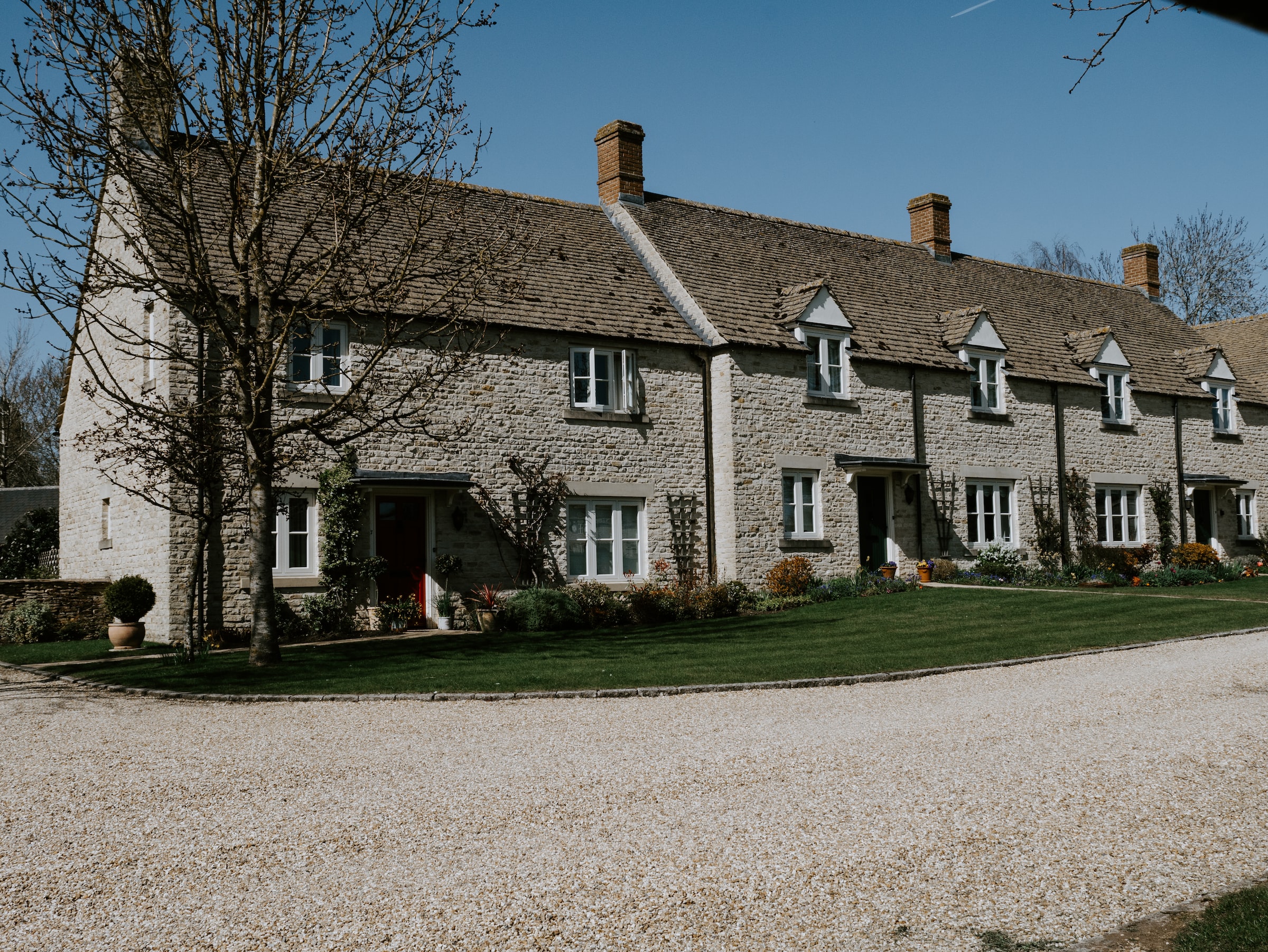250,000 Properties in England Have Been Empty for Months

On National Empty Homes Week, Housing Industry Leaders highlights the problem of empty homes and how more action is needed to address the problem in England.
This week (27 February – 5 March) thousands of councils are outlining their plans to tackle empty homes. Action on Empty Homes is the organisation which is running the awareness week.
The latest government data shows that one million homes stand empty and around 250,000 properties in England have stood empty for more than six months, with another 207,000 empty homes being covered by exemptions and don’t pay council tax. The total vacancy now stands at over 686,000.
This figure excludes a further 257,000 so-called second homes or furnished empties and over 70,000 second homes flipped by paying business rates as permanent short lets. This means that there are over one million homes in England with no residents, while over 250,000 people in England need a home.
How Can A New National Empty Homes Programme Benefit Councils?
Though councils are showcasing the action that they are taking to encourage owners to bring more empty homes into use, but have said that their hands are tied by the UK Government. Current powers are weak for dealing with those who are leaving homes empty hoping that they will go up in value, or because they lack the funds, energy or knowledge to bring them back into use.
Action on Empty Homes is calling on the UK Government to strengthen Empty Dwelling Management Order powers and remove the need to prove vandalism, antisocial behaviour or dangerous dereliction are associated with an empty home before action can be taken.
In addition, the organisation is calling for a new nationally funded Empty Homes Programme with funding devolved to local councils so that they can choose the right to mix measures to deal with their local empty home problems.
A new national Empty Homes Programme would introduce new powers to allow local councils to bring empty homes back to use, create a national fund to support councils, ensure owners taking advantage of this programme agree nominations rights and fair rents with councils, and create a fund for local authorities to help local community-led housing projects.
There Is A Lack Of Government Strategies In Place
Director of Action on Empty Homes, Rebecca Moore, explained that action must be taken now: “There are over one million homes without residents in England and there are hundreds of thousands of people in housing need.”
We must act now and long-term empty homes and unused second homes – which make up over 530,000 of those homes without residents – are a good place to start.
Rebecca continued to express that the reasons change hasn’t taken place comes down to the lack of strategies in place: “These are homes you can’t rent, and you can’t buy but they could offer vitally needed housing.”
“During a national housing crisis, we cannot afford to see half a million homes stand empty because of the lack of a government strategy to support councils to bring them back into use.”
The Government Levelling Up and Regeneration Bill currently in parliament will bring new powers for councils to welcome empty homes council tax premium after one year rather than two.
It will see for the first time, the Bill offering similar powers to double council tax on second homes or furnished empties, where these are not being let.
Wales And Scotland Are Leading The Way In Tackling Empty Homes
England needs to learn from Wales and Scotland as both now have national empty homes programmes, but England has yet to establish any national-level programme to return empty homes to use or channel funding towards such projects.
Also, both the Welsh and Scottish Governments have been addressing other forms of vacancy as the UK’s housing crisis intensifies, at a time when both rents and house prices have been rising to historically high levels.
Scotland and Wales have recently taken steps to address the short let too, either by imposing licensing schemes to limit the number of Airbnbs and other short-term let properties or by introducing new residential use classes to distinguish between primary residences and second homes.

